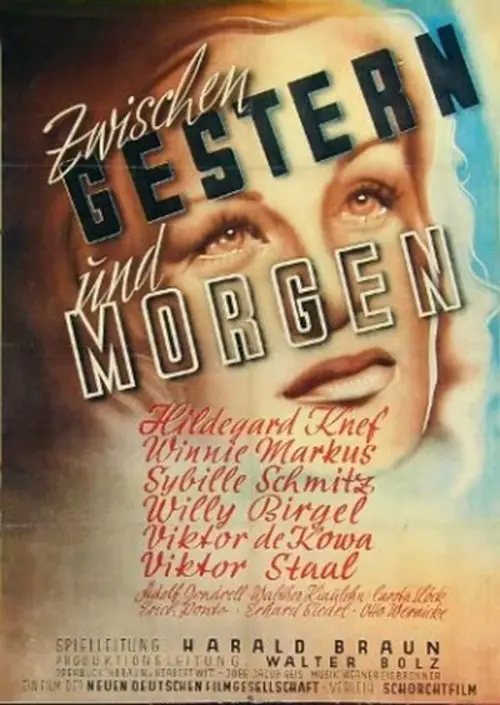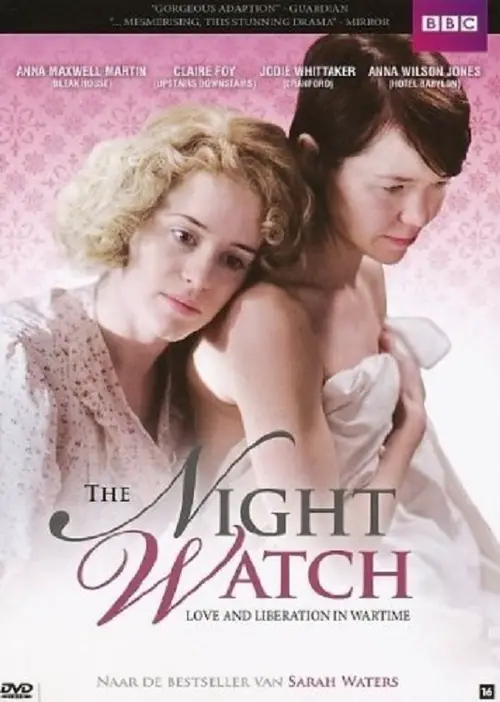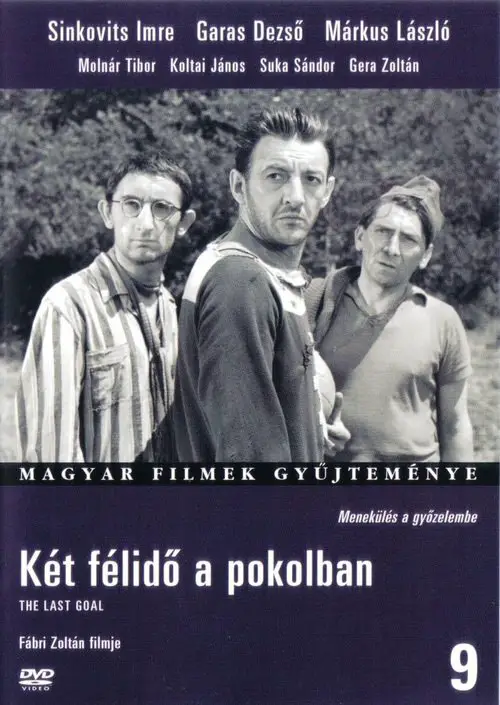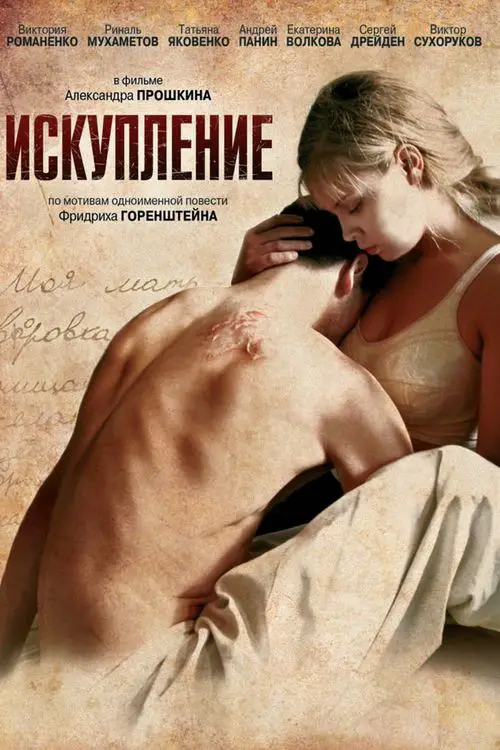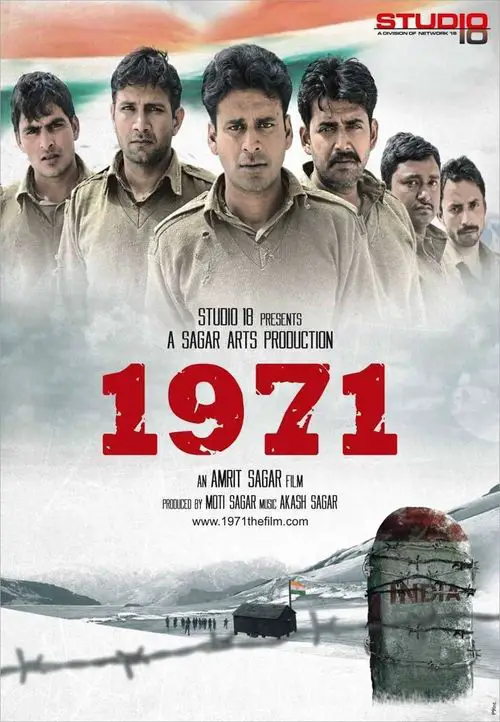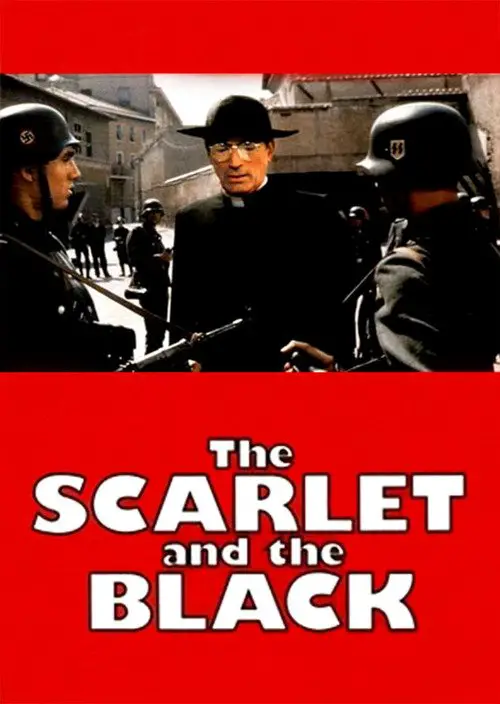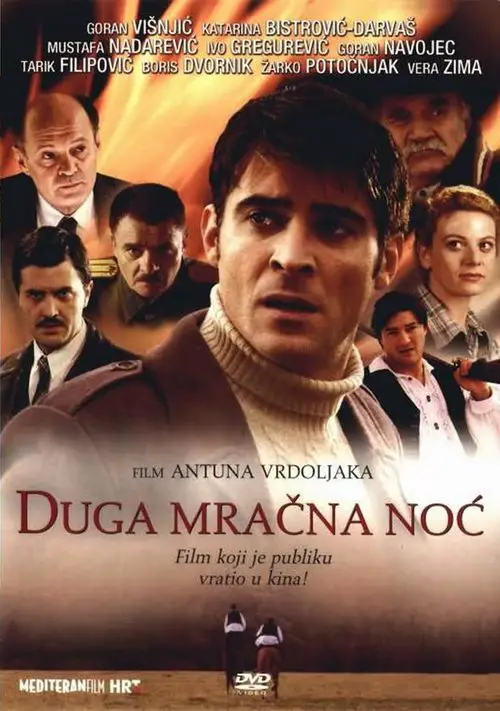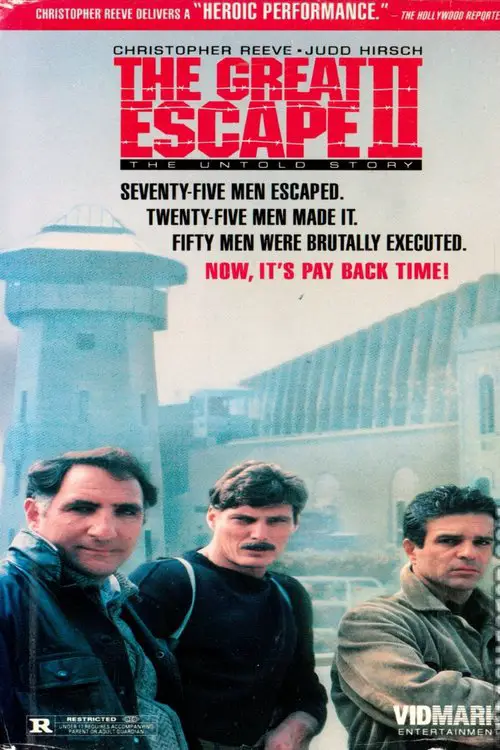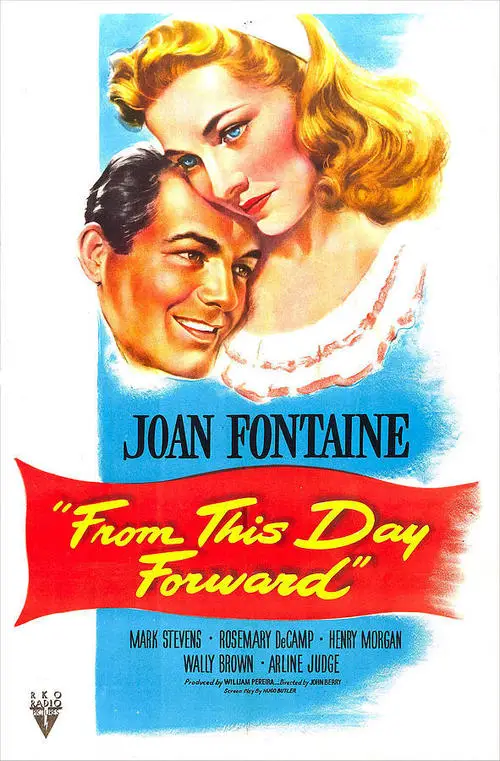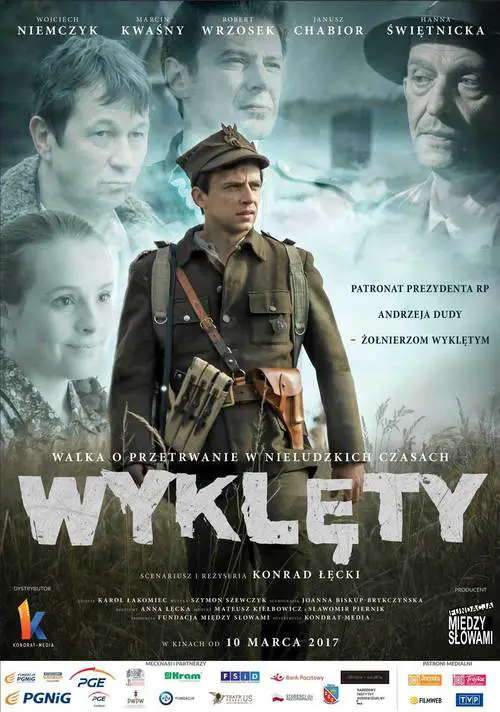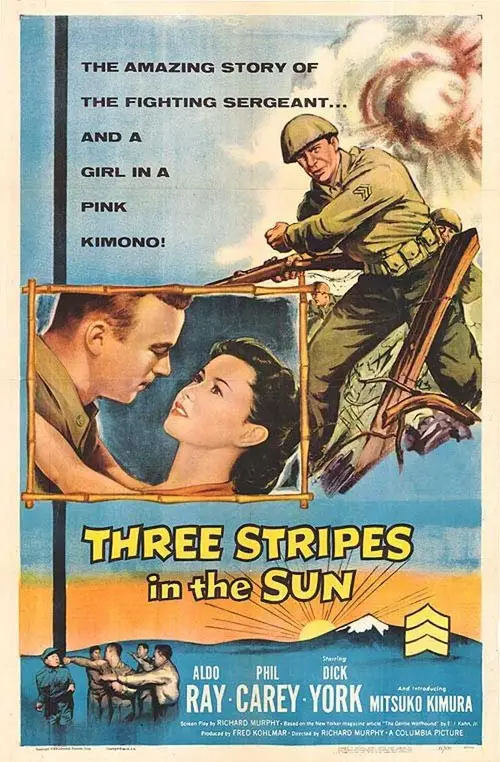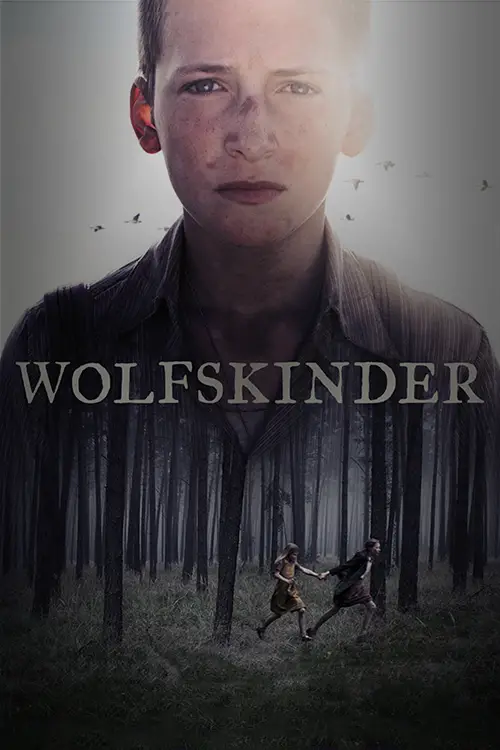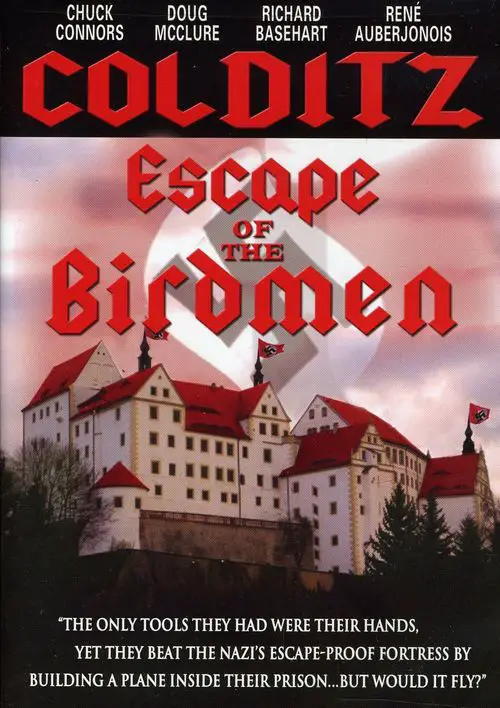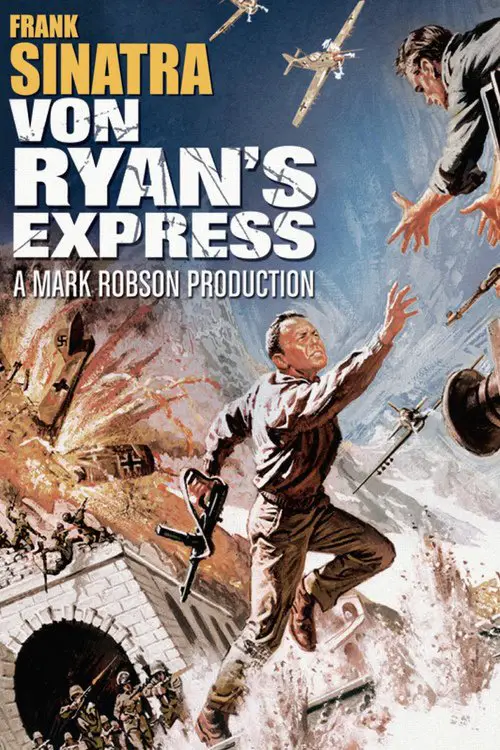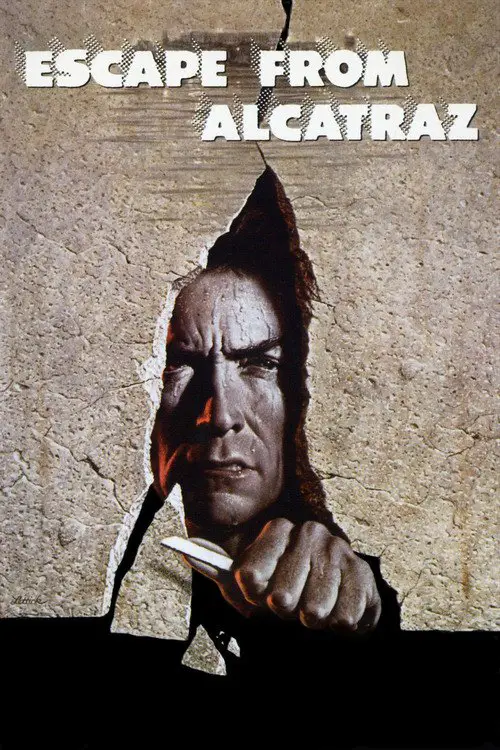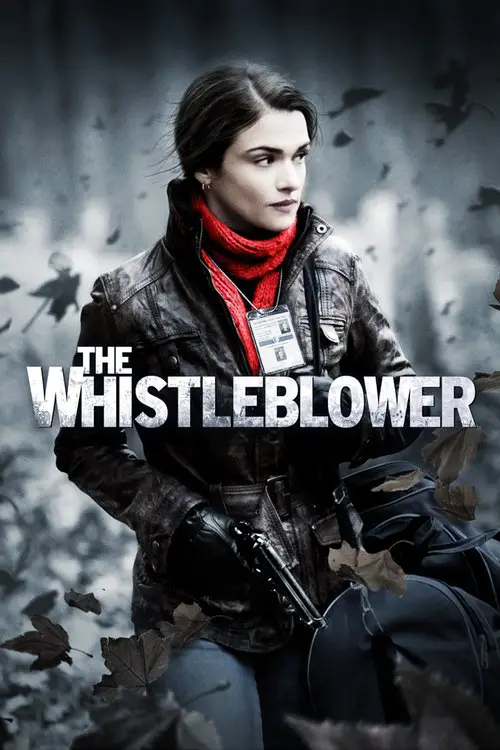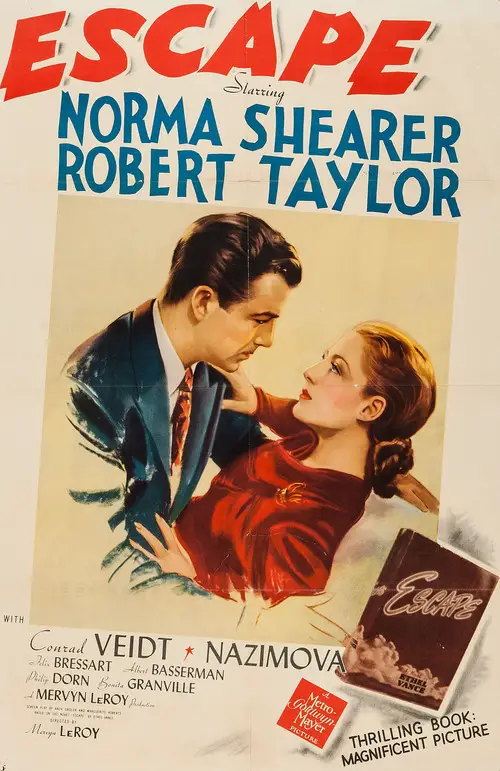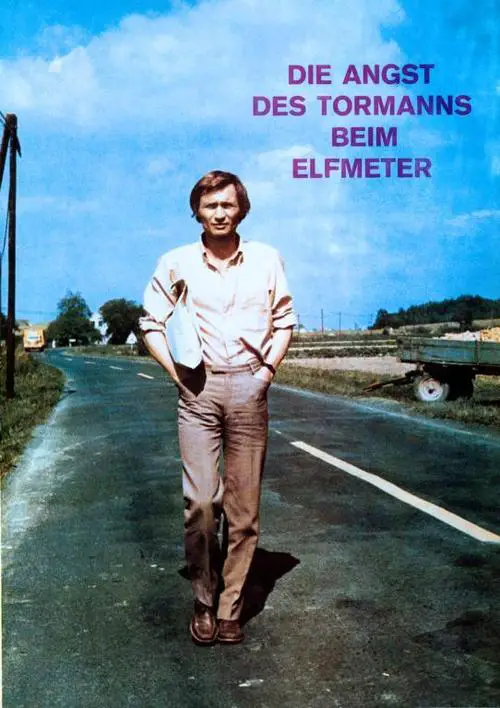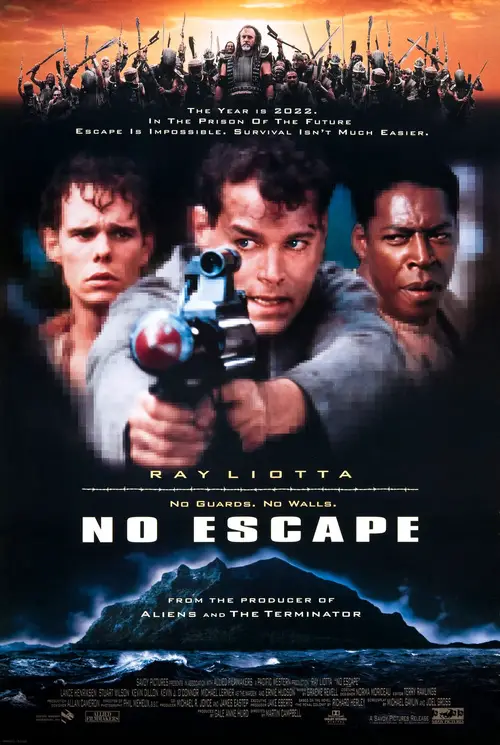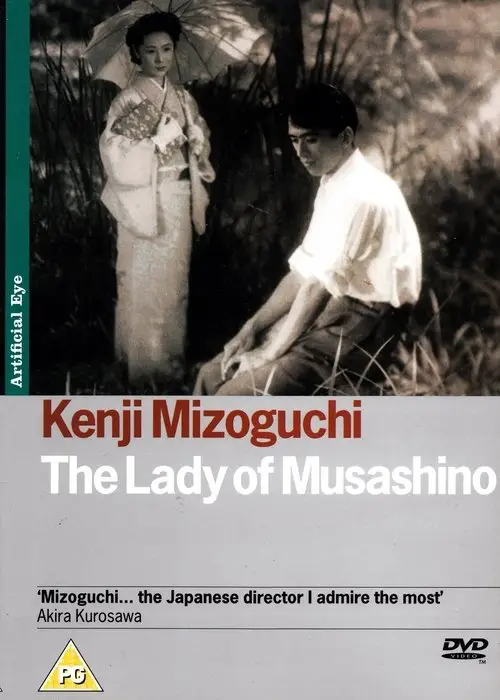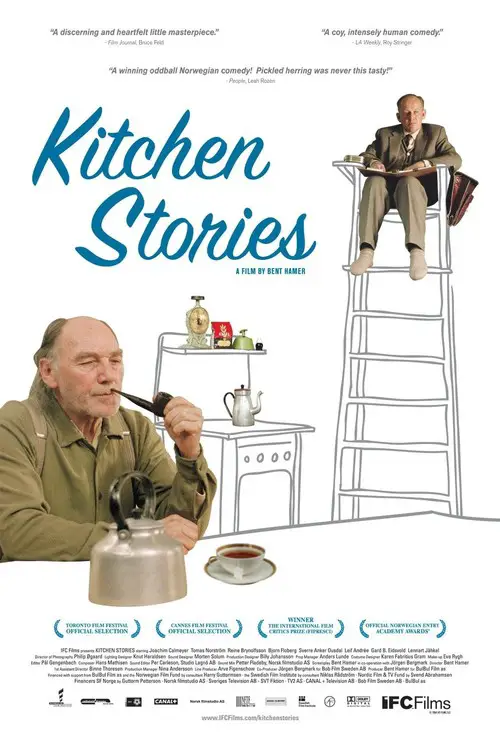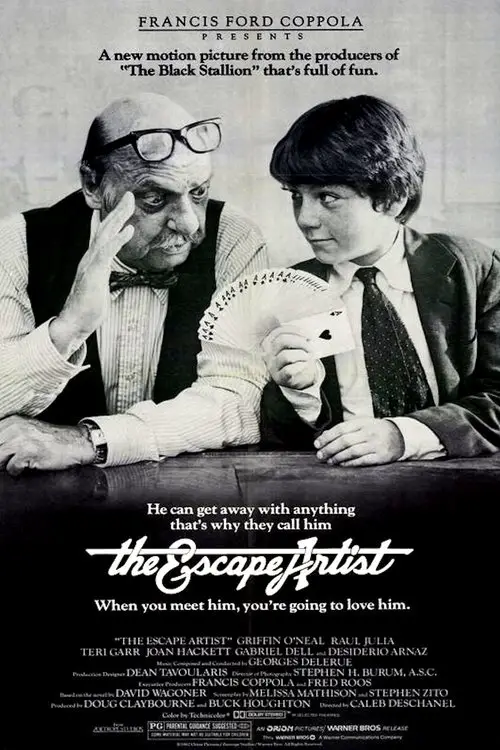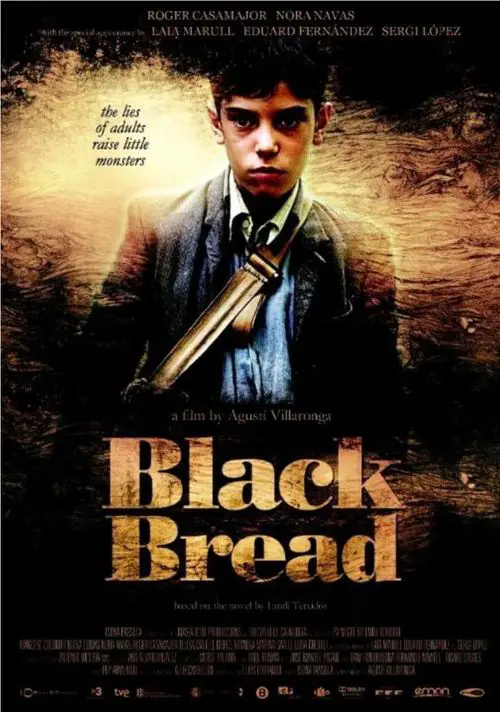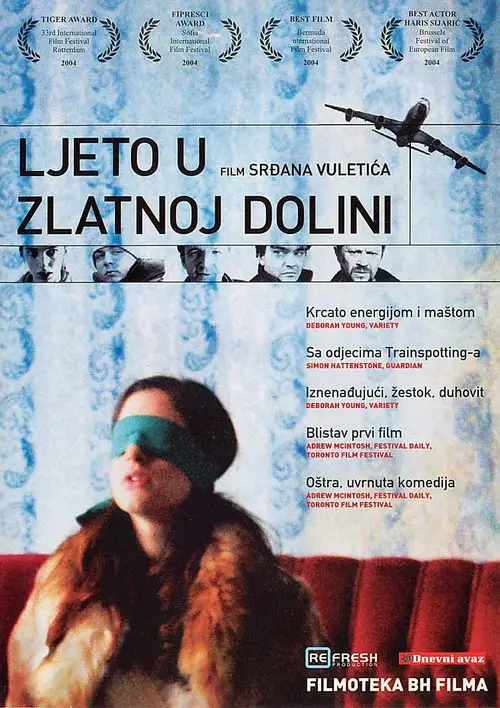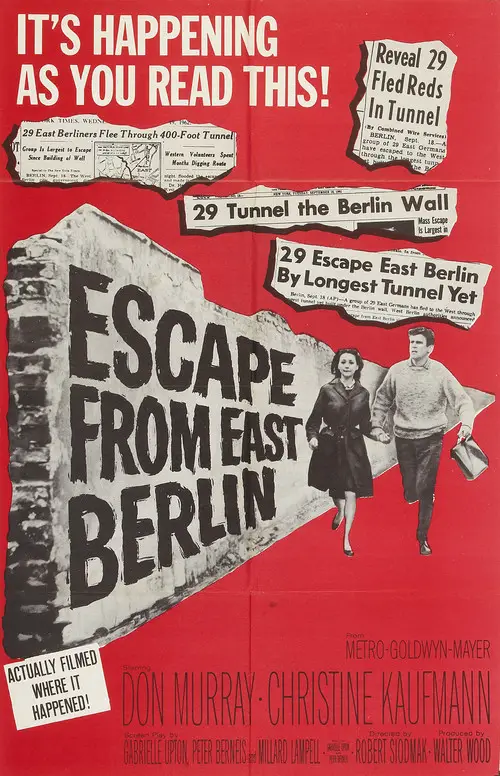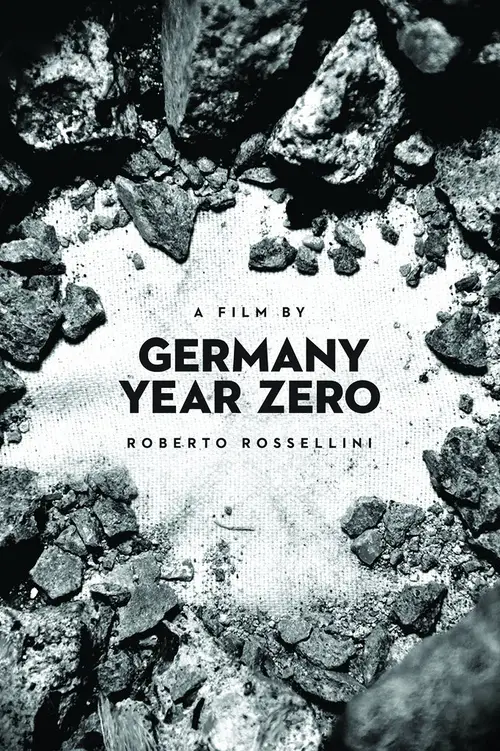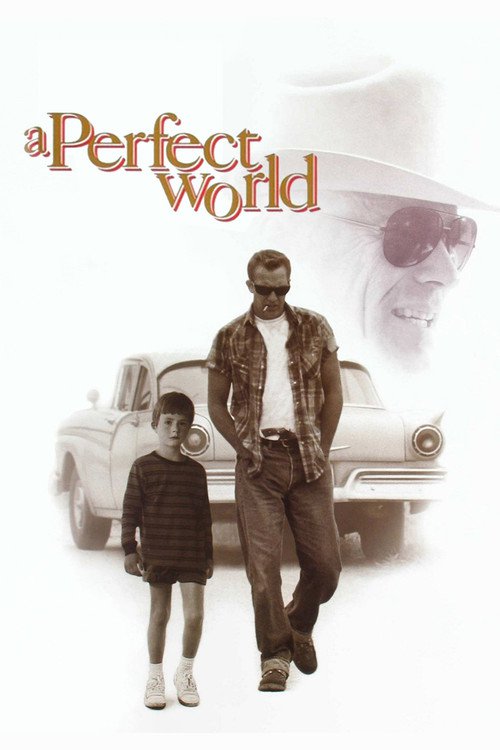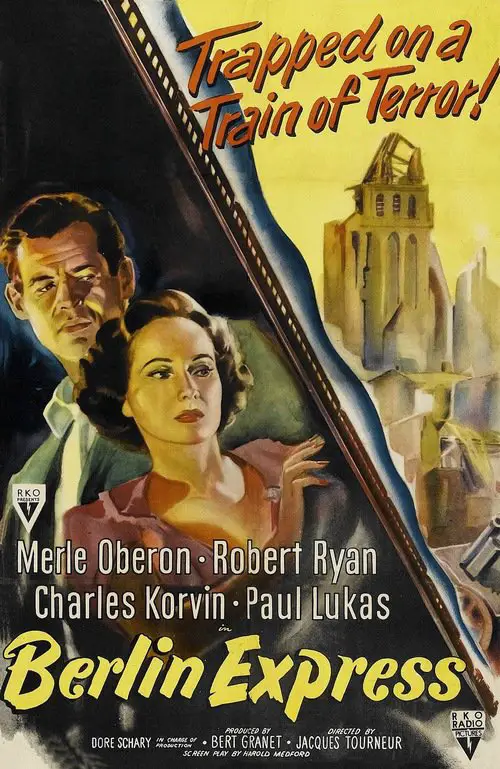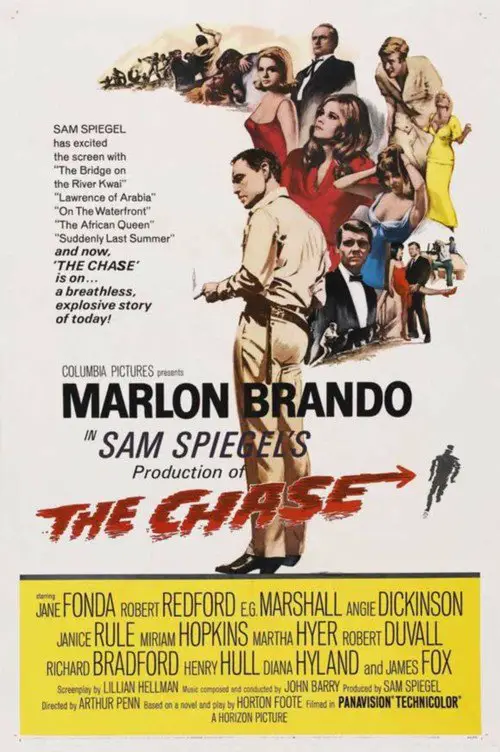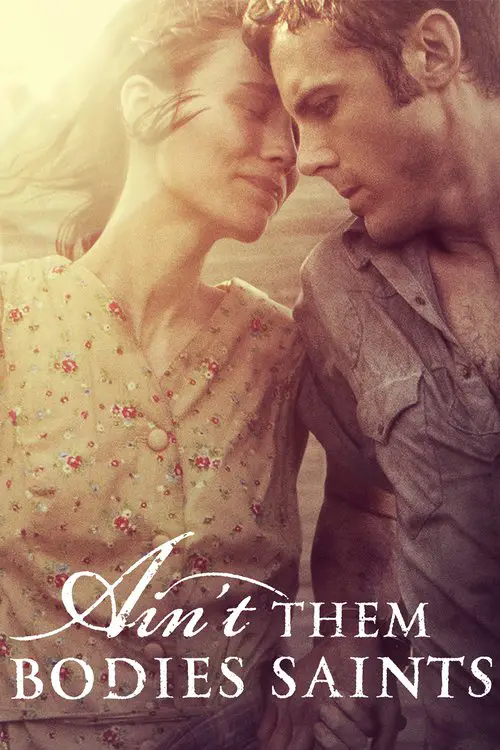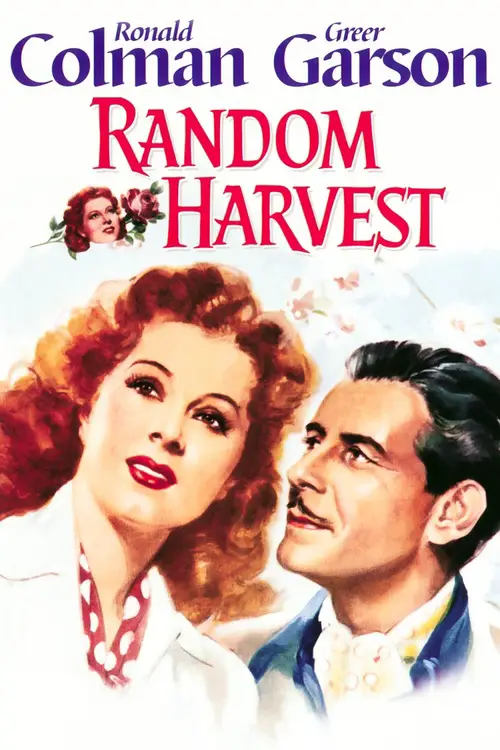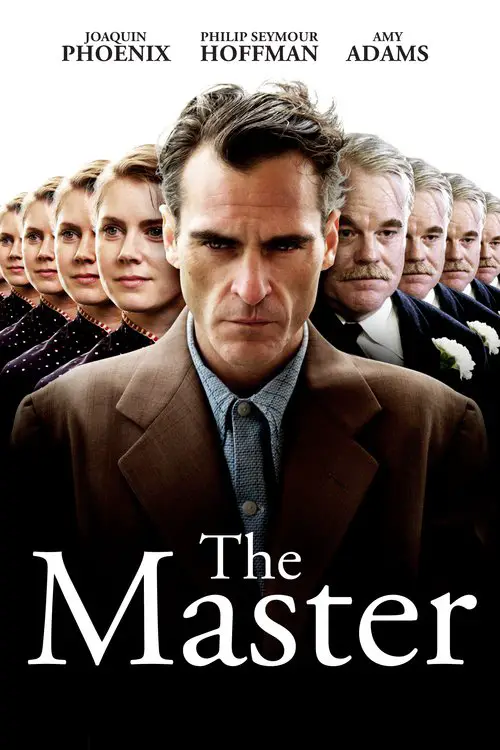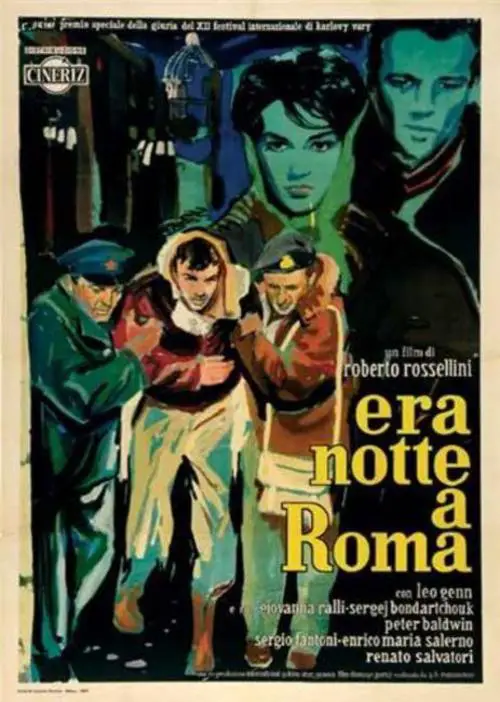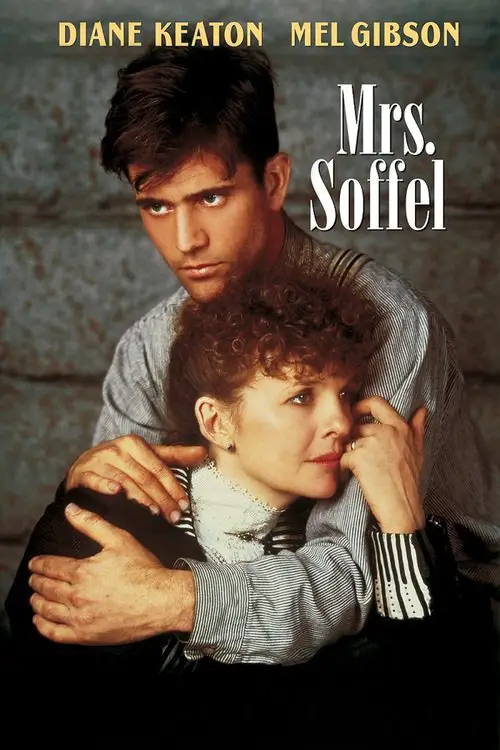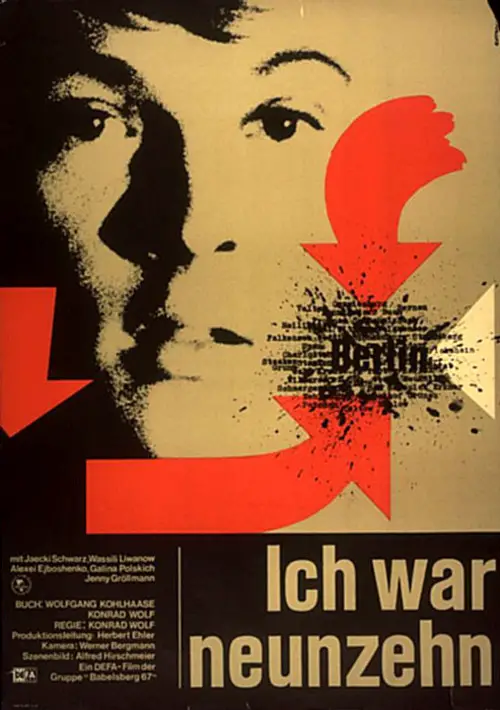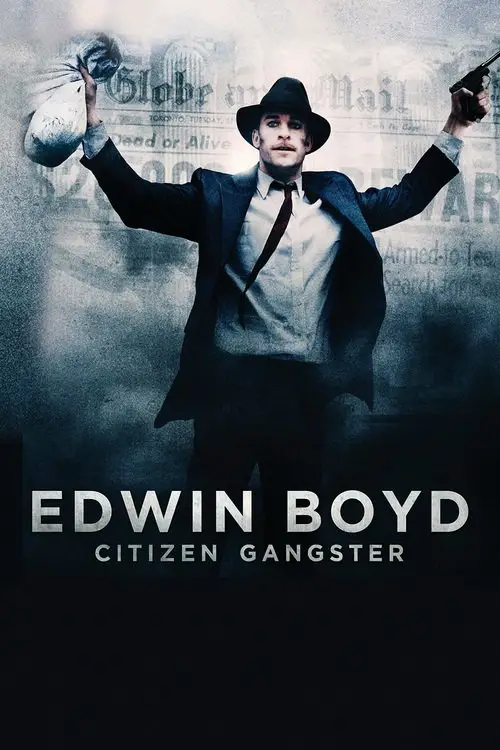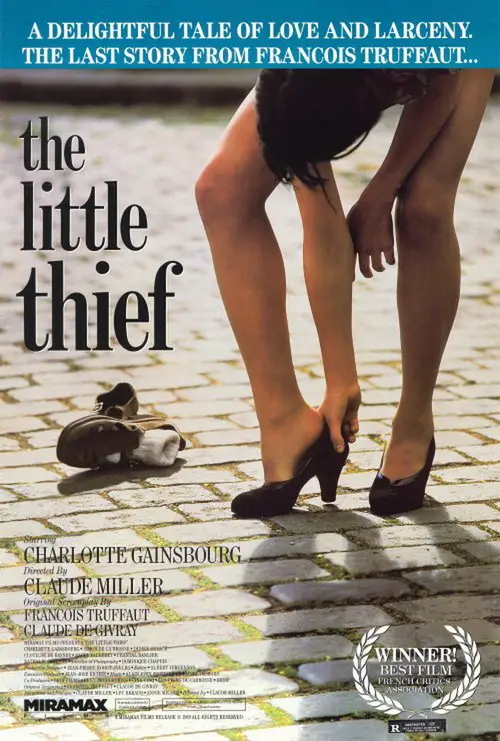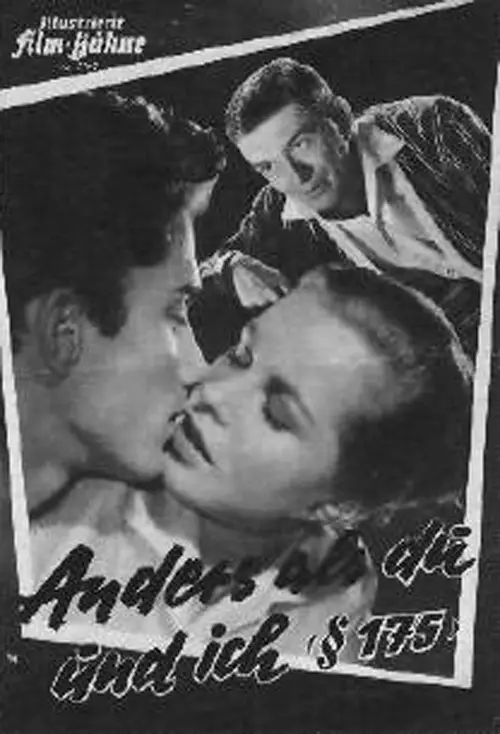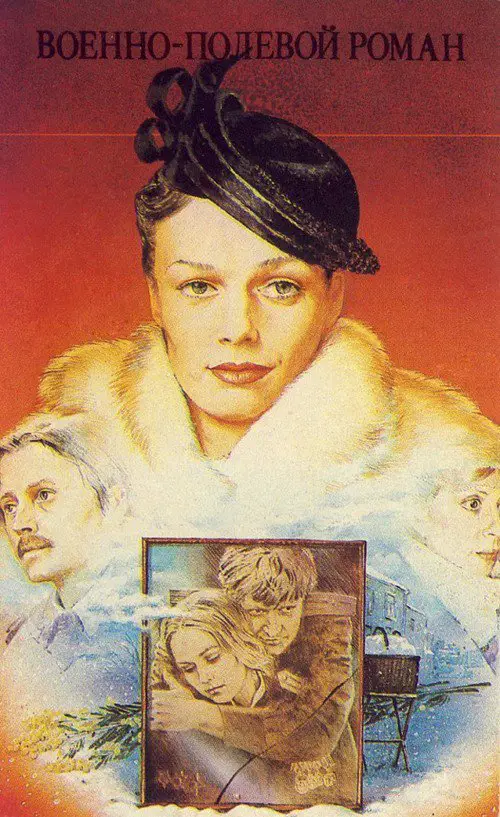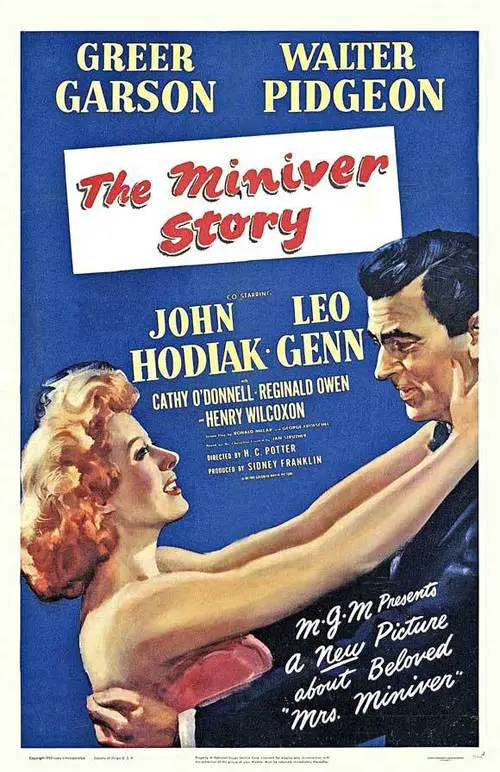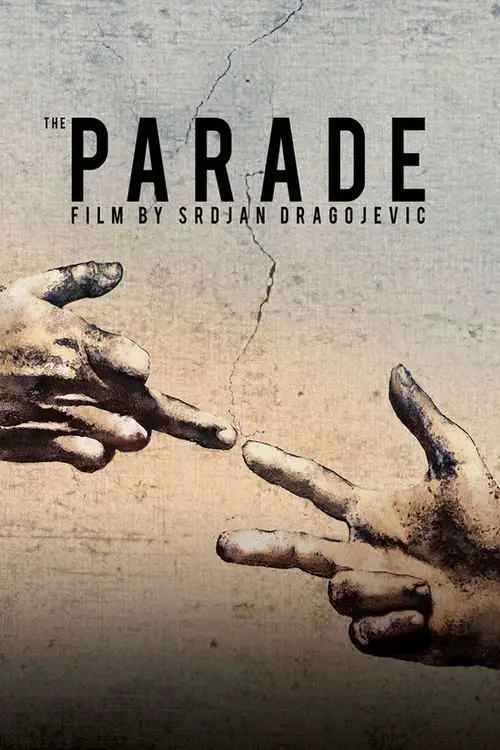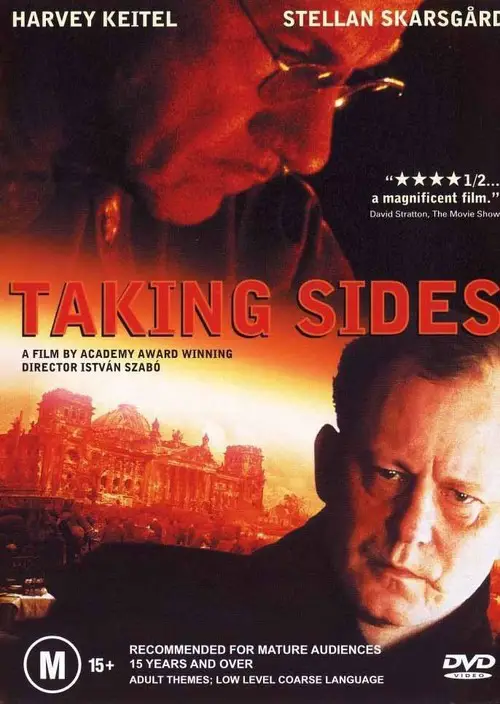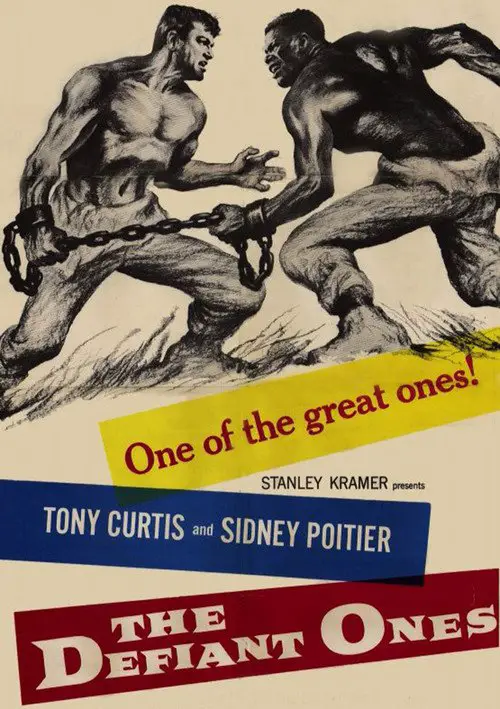Pugowitza (1981)
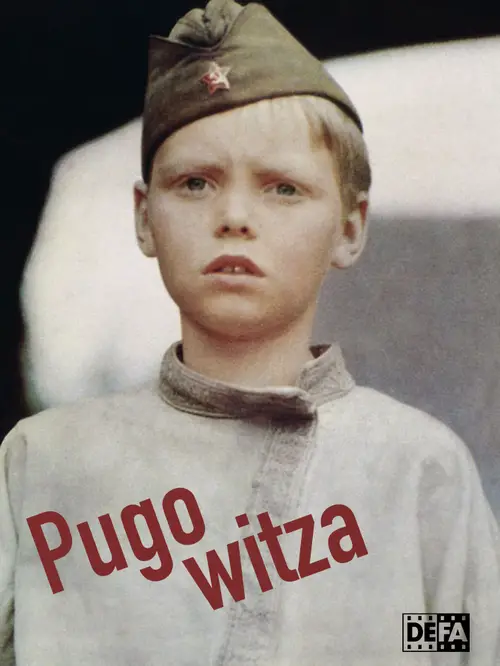
Similar movies
The Nazis, exasperated at the number of escapes from their prison camps by a relatively small number of Allied prisoners, relocates them to a high-security "escape-proof" camp to sit out the remainder of the war. Undaunted, the prisoners plan one of the most ambitious escape attempts of World War II. Based on a true story.
During WWII, the death camp at Treblinka had an escape, causing the Commandant at a similar camp in Sobibor to vow (actually threaten) that his camp would never experience the same thing. But those who were its captives, the Jewish laborers that had been spared from the ovens, knew that they were on borrowed time and that their only hope was to escape... the only question was how to do it. On October 14, 1943, members of the camp's underground resistance succeeded in covertly killing eleven German officers and a number of Ukrainian guards. Of the 600 inmates in the camp, roughly 300 escaped, although most were later re-captured and killed. The escape forced the Nazis to close the death camp, dismantling it and planting a forest.
Set against the turbulent backdrop of London in the 1940s, this adaptation of Sarah Waters' bestselling novel, The Night Watch, follows four young Londoners inextricably linked by their wartime experiences. In a time when the barriers of sexual morality and social convention have been broken down, Kay, Helen, Viv and Duncan enjoy a freedom never experienced before. Moving back in time through the 1940s into the maelstrom of the Blitz, the lives, loves and losses of these four central characters are unravelled. For them, the post-war victory is bittersweet, for it returns them to the margins of society, from which they hoped they had been liberated. In order to build their future they must each make peace with their past.
It's a dreary Christmas 1944 for the American POWs in Stalag 17. For the men in Barracks 4, all sergeants, have to deal with a grave problem - there seems to be a security leak. The Germans always seem to be forewarned about escapes and in the most recent attempt the two men, Manfredi and Johnson, walked straight into a trap and were killed. For some in Barracks 4, especially the loud-mouthed Duke, the leaker is obvious: J.J. Sefton, a wheeler-dealer who doesn't hesitate to trade with the guards and who has acquired goods and privileges that no other prisoner seems to have. Sefton denies giving the Germans any information and makes it quite clear that he has no intention of ever trying to escape. He plans to ride out the war in what little comfort he can arrange, but it doesn't extend to spying for the Germans.
On Hitlers birthday, the Germans decide to organize a soccer match between prisoners of war and Germans. They assign the task of organizing the team to a well known Olympics football player who demands for his team food and a chance to train. Although the organizer believes that soccer is sacred and does his best to train the team, he is tempted to escape along with the others, when they find an opportunity. They get caught, but the game takes place anyway. They play, hoping that they might get pardoned and not get executed in the end. However, they play too well and the enraged Germans execute them before the game ends.
Fr. Hugh O'Flaherty is a Vatican official in 1943-45 who has been hiding downed pilots, escaped prisoners of war, and Italian resistance families. His diplomatic status in a Catholic country prevents Colonel Kappler from openly arresting him, but O'Flaherty's activities become so large that the Nazi's decide to assassinate him the next time he leaves the Vatican. O'Flaherty continues his work in a variety of disguises. Based on a true story. Written by John Vogel
March 15, 1939: Germany invades Czechoslovakia. Czech pilots flee to England, joining the RAF. After the war, back home, they are put in labor camps, suspected of anti-Communist ideas. This film cuts between a post-war camp where Franta is a prisoner and England during the war, where Franta is like a big brother to Karel, a very young pilot. On maneuvers, Karel crash lands by the rural home of Susan, an English woman whose husband is MIA. She spends one night with Karel, and he thinks he's found the love of his life. It's complicated by Susan's attraction to Franta. How will the three handle innocence, Eros, friendship, and the heat of battle? When war ends, what then
A young American soldier, with an honorable discharge, returns home from World War II to his bride, whom he married after a short courtship and has not seen for several years. The two come together with many questions, trials and tribulations in trying to preserve their marriage in the post-war years.
Polish historical drama written and directed by Konrad Lecki. Set in the 1940s, the film follows a small band of underground paramilitaries as they attempt to fight back against the Soviet-backed security ministry in post-war Poland. Determined to fight for their country's future, the group go to extreme lengths to make their voice heard. The cast includes Wojciech Niemczyk, Marcin Kwasny, Robert Wrzosek and Janusz Chabior.
During WWII an American soldier sent to Norway to help with the escape of a scientist working on the atomic bomb for the Germans. Before they can escape they are captured and sent to a POW prison camp in an alpine castle. Cook must find a way to escape with the scientist before the Gestapo discover the Norwegian's true identity and convinces the other prisoners to build a two person glider in which they plan to escape.
In the post-war Gion district of Kyoto, the geisha Miyoharu agrees to apprentice the 16 year-old Eiko, whose mother was a former geisha who had just died. After a year of training they have to find a large sum of money before Eiko can debut. Miyoharu borrows the money from the tea-house owner, Okimi, who in turn obtains the money from the businessman Kusuda. Kusuda fancies Eiko himself and wants to give Miyoharu to Kanzaki in order to close a large business deal. However both geishas have minds of their own and, going against tradition, want to be able to say no to clients. Written by Will Gilbert
Based on the experiences of Nebraska cop Kathryn Bolkovac (Rachel Weisz) who discovers a deadly sex trafficking ring while serving as a U.N. peacekeeper in post-war Bosnia. Risking her own life to save the lives of others, she uncovers an international conspiracy that is determined to stop her, no matter the cost.
The Goalie's Anxiety at the Penalty Kick is a 1972 German language drama film directed by Wim Wenders. It was adapted from a novella by Wenders' long-time collaborator Peter Handke. A goalkeeper is sent off during a game for committing a foul. He spends the night with a cinema cashier, whom he afterwards kills. Although a type of detective film, it is more slow moving and contemplative than other films of the genre. It explores the monotony of the murderer's existence and, like many of Wenders' films, the overwhelming cultural influence of America in post-war West Germany.
In the year 2022, a ruthless prison warden has created the ultimate solution for his most troublesome and violent inmates: Absolom, a secret jungle island where prisoners are abandoned and left to die. But Marine Captain John Robbins, convicted of murdering a commanding officer, is determined to escape the island in order to reveal the truth behind his murderous actions and clear his name.
Set in post-war Japan, The Lady of Musashino tells the story of Michiko, a disillusioned young woman trapped in a loveless marriage. She confides in her younger cousin, Tsutomo, and the two become close, but decide not to consummate their affair. He instead becomes involved with the flirtatious Tomiko, who is also conducting an affair with Michiko's husband. When Michiko finds that her husband has abandoned her, she decides to take her fate into her own hands.
Swedish efficiency researchers come to Norway for a study of Norwegian men, to optimize their use of their kitchen. Folke Nilsson (Tomas Norström) is assigned to study the habits of Isak Bjørvik (Joachim Calmeyer). By the rules of the research institute, Folke has to sit on an umpire's chair in Isak's kitchen and observe him from there, but never talk to him. Isak stops using his kitchen and observes Folke through a hole in the ceiling instead. However, the two lonely men slowly overcome the initial post-war Norwegian-Swede distrust and become friends.
In the harsh post-war years' Catalan countryside, Andreu, a child that belongs to the losing side, finds the corpses of a man and his son in the forest. The authorities want his father to be made responsible of the deaths, but Andreu tries to help his father by finding out who truly killed them. In this search, Andreu develops a moral consciousness against a world of adults fed by lies. In order to survive, he betrays his own roots and ends up finding out the monster that lives within him.
At the traditional Muslim funeral service for his father Fikret Varupa, sixteen year old boy from Sarajevo, learns that his father owes money to Hamid, a man he does not even know. The debt is considerable and Hamid does not want it to go to the grave with the body, so the debt automatically passes from the father to the son. Since in Bosnia this way of collecting debts, at a funeral, is considered to be utterly humiliating, it is never, ever applied. Fikret and his entire family become subjects of ridicule. Fikret, who is practically still a child, is decisive to "redeem his father's soul". Wishing to repay his father's debt and to secure the forgiveness, Fikret wanders into the real world of Sarajevo, the world that is ruled by post-war chaos, misery and poverty and becomes an ideal target for two corrupted policemen who wish to "help" him: they plant the kidnapped girl on him.
The final film in Rossellini's war film trilogy (the first two being Rome, Open City and Paisà ). Germany Year Zero takes place in post-war Germany, unlike the others, which take place in German-occupied Rome and post-war Italy, respectively. The story follows a twelve-year-old boy, Edmund Kohler, who is mainly left to his own devices in order to survive and to help his family do the same.
Most everyone in town thinks that Sheriff Calder is merely a puppet of rich oil-man Val Rogers. When it is learned that local baddie Bubber Reeves has escaped prison, Rogers' son is concerned because he is having an affair with Reeves' wife. It seems many others in town feel they may have reasons to fear Reeves. Calder's aim is to bring Reeves in alive, unharmed. Calder will have to oppose the powerful Rogers on one hand and mob violence on the other, in his quest for justice.
Wings of Desire is Wim Wenderâs artistically beautiful film about the lonely and immortal life of angels during a post-war Berlin. Itâs a poetic journey from the perspective of the angels of which one falls in love with a living woman and wants to become a mortal human thus giving up his heavenly life. Filmed in black and white and with a feeling of celebrating life.
Based on a true story, Mrs. Soffel is set in Pittsburgh near the dawn of the 20th century. Peter Soffel (Edward Herrmann) is the warden of a top security prison, and his wife Kate (Diane Keaton) often comes by to read the Bible aloud to the inmates, despite her fragile health. While making her rounds, she makes the acquaintance of the Biddle Brothers, Ed (Mel Gibson) and Jack (Matthew Modine), who are sentenced to death for murder and robbery. Ed has become something of a celebrity thanks to his letter-writing campaign, in which he appeals in the letter-to-the-editor columns of the popular press to stay the execution of his brother and himself. His good looks, intelligence, and charm make a strong impression on Kate, whose marriage offers her little excitement. In time, Kate finds herself falling in love with Ed, and she discovers that she's unexpectedly receptive to his suggestion that she help him escape.
April 1945: Gregor Hecker, 19 years of age, reaches the outskirts of Berlin as part of the Red Army's scouting team. Having fled Germany with his family when he was eight, he is confronted with the dilemma of having to fight men from the very country he was born in. Through dealing with challenging situations (e.g. he is appointed commander of Bernau, talks to many disillusioned Germans, and is once and again attacked by scattered groups of German soldiers), he grows more confident that not all hope is lost for post-war Germany.
Based on a real WWII vet and family man turned bank robber. Disillusioned by his post war circumstances, Eddie Boyd is torn between the need to provide for his young family and an unfulfilled dream to head to Hollywood to become a star. He discovers a way to do both, robbing banks Hollywood style, but his dream leads him down a path of danger and tragedy.
In a small town in post-World-War-II France, an unhappy sixteen-year-old (Janine Castang) tries to escape her dreary situation by any means at her disposal. Three successive friends (Michel Davenne, a married lover; Raoul, a fellow thief; Mauricette Dargelos, a photographer and fellow prisoner) help her learn from her mistakes.
This melodrama revolves around the post-war meeting reunion an intelligent front-line officer, now happily married, and a woman street vendor. This encounter reawakens in them submerged feelings of gratitude and tenderness as the officer recalls how they met during the war and what she used to mean to him. Now he learns that she is alone with a small daughter, the girl's father having been killed at the front.
The Parade, in a tragicomic way, tells the story about ongoing battle between two worlds in contemporary post-war Serbian society - the traditional, oppressive, homophobic majority and a liberal, modern and open-minded minority... The film, which deals with gay rights issues in Serbia, features footage of the 2010 Belgrade gay pride parade. The film introduces a group of gay activists, trying to organize a pride parade in Belgrade
Kathiresan aka Kaththi, a criminal, escapes from the Kolkata prison and comes to Chennai, where he comes across his doppelganger Jeevanandham, fighting for his life after being shot at by unknown men. Kathir decides to pass off as Jeeva and make away with a lump sum amount but once he realizes who Jeeva really is, Kathir turns a crusader.
Based on the best-selling book by award-winning writer Simon Garfield, four stories from Britain's 'lost decade' (1945 - 1955) are presented from the diaries of four very distinct people. In his book, Garfield selected some of the most expressive diarists, and focused on the post-war years giving a vivid portrait of how Britain coped in the post-war years and how little, or how much, attitudes have changed over the past 60 years.
A tale based on the life of Wilhelm Furtwangler, the controversial conductor of the Berlin Philharmonic whose tenure coincided with the controversial Nazi era. One of the most spectacular and renowned conductors of the 30s, Furtwangler's reputation rivaled that of Toscanini's. After the war, he was investigated as part of the Allies' de-Nazification programme. In the bombed-out Berlin of the immediate post-war period, the Allies slowly bring law and order--and justice--to bear on an occupied Germany. An American major is given the Furtwangler file, and is told to find everything he can and to prosecute the man ruthlessly. Tough and hard-nosed, Major Steve Arnold sets out to investigate a world of which he knows nothing. Orchestra members vouch for Furtwangler's morality--he did what he could to protect Jewish players from his orchestra. To the Germans, deeply respectful of their musical heritage, Furtwangler was a demigod; to Major Arnold, he is just a lying, weak-willed Nazi.
© Valossa 2015–2026
| Privacy Policy




